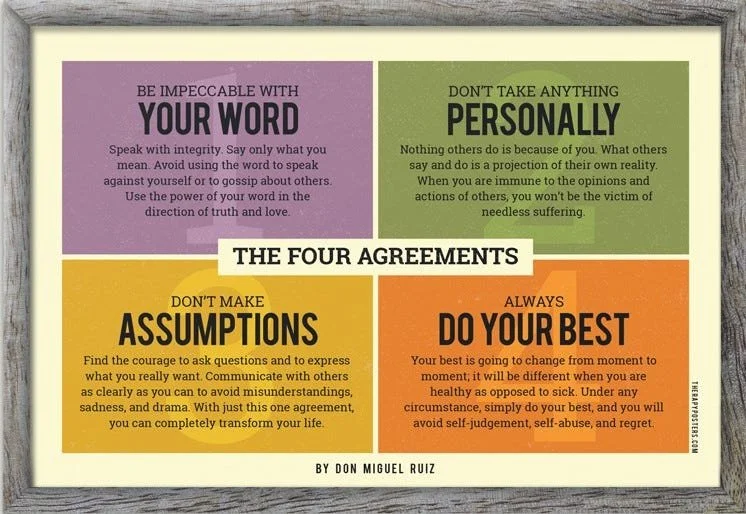“The test of a first-rate intelligence is the ability to hold two opposed ideas in mind at the same time and still retain the ability to function.” - F. Scott Fitzgerald.We all tend to see the difficulties we encounter at work and in life in general as problems we must solve. We come by this tendency honestly through formal education and through learned experience where we told to look for “the answer” to our problems.
Embracing Inherent Partnership Tensions
This past spring I participated in a conference on “Inherent Tensions in Networks”. The main theme was get comfortable with being uncomfortable when working in partnerships. When I work with partners I use a diversity of concepts and methods to support and enhance their work, including design and systems thinking and group dynamics. But “Polarity Thinking”, is one framework I use regularly. Like yin and yang, polarities are interdependent values that support each other.
Partnerships at the Heart of the UN Sustainable Development Goals
The 17th Sustainable Development Goal stands out as different from all the others. While the other goals focus on tangible improvements to quality of life around the world, the 17th is the means, the “how” to accomplish the other goals. By highlighting partnerships as the 17th Sustainable Development Goal, and the United Nations has made a call to action for multi-stakeholder collaboration.
Math Minds: An Innovative Early Math Learning Partnership
This past April, I was proud to present at the Calgary Chamber of Voluntary Organizations Conference with Laureen DuBois of Canadian Oil Sands and Mary Jane Moreau of JUMP Math. We shared the story of Math Minds and what we have learned along the way. Please check out the summary of the presentation, which can be accessed at the end of this article, and enjoy reading a brief case study of this unique three-way collective impact partnership for early math learning!
Partnership Series: The Spectrum of Partnerships
Partnerships…collaborations…collective impact… These words are being used interchangeably in terms of organizations coming together to address social issues. But what’s the difference? Which is most appropriate and when? Does one have greater value than another?Partnerships are growing as we recognize that complex social problems can no longer be solved by individual organizations alone.







